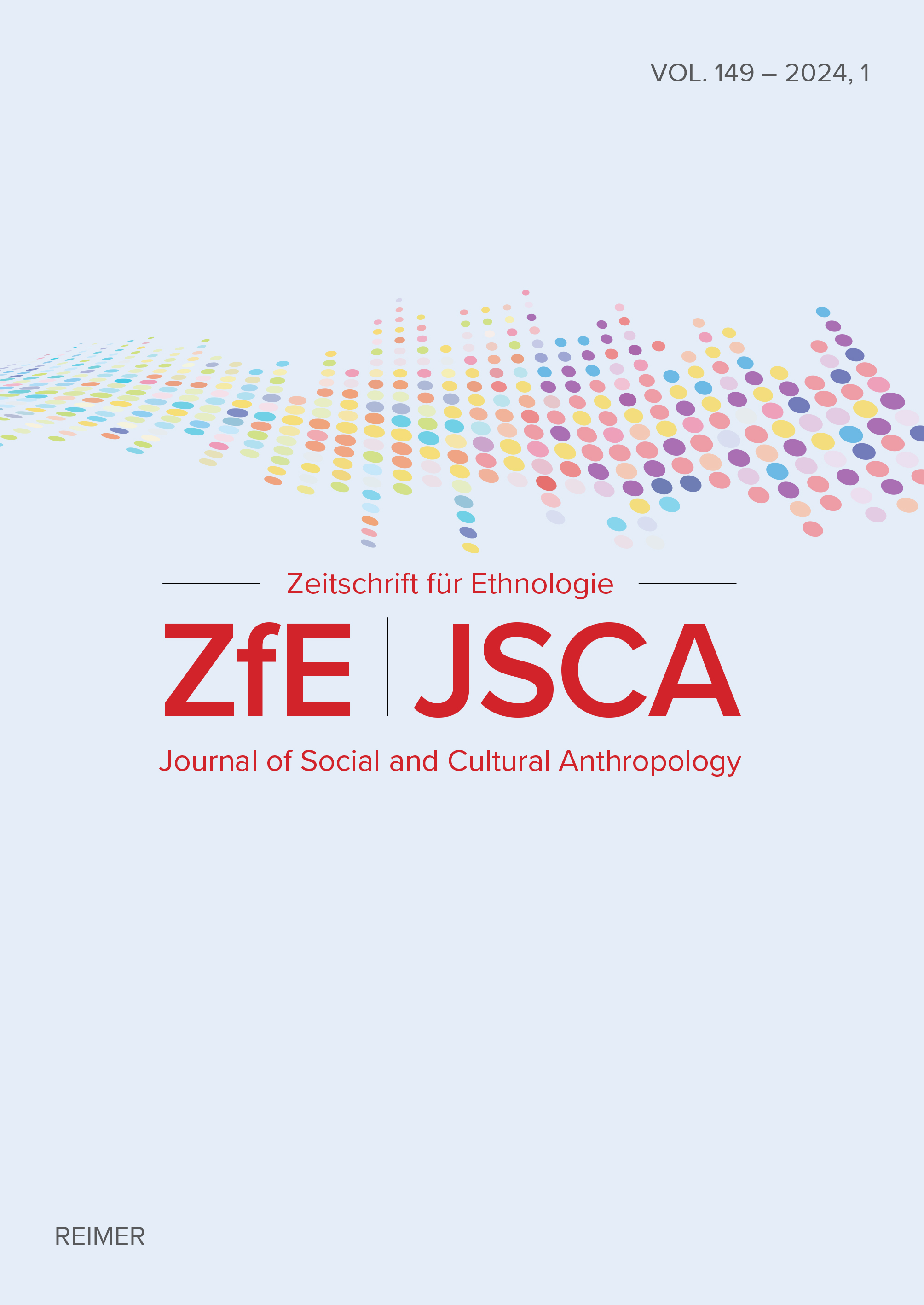Ambivalent Allies? Environmentalism and Science in Contemporary India
Main Article Content
Abstract
Science played a crucial role in the early days of Indian nationalism. This has not changed since India’s independence. With recent political transformations, the significance of science has acquired a new dimension. Contemporary apologists of Hindu nationalism have recognized the value of appeals to science, whether they are trying to legitimize claims to supremacy or to prove that ancient Indian scriptures attest to the presence of ‘modern’ science at their time of writing. Such mobilizations of science oscillate between particularism and universalism, whereby calls to reject ‘western’ universalism as culturally specific and therefore limited live in tension with efforts to universalize ‘native’ achievements, thought of as always already modern.
Complicating matters, this tension cuts across fields and political camps. The appeal to science also serves the critics of Hindu nationalist aspirations, whether they challenge the ‘hindutvaization’ of environmentalism or seek to substantiate socioecological concerns scientifically. The problem: recourse to (allegedly universal) science not only tends to depreciate ‘non-science’ achievements, it also situates one’s claims in a hegemonic political discourse that privileges some voices and concerns over others.
In this article, I use the example of environmentalism to decipher the ambiguous role of science as a source of legitimacy in contemporary Indian politics, where it creates both friction and unexpected alignments. To conclude, I attempt to outline a timely ‘grammar of environmentalism’ capable of addressing these tensions.
Article Details

This work is licensed under a Creative Commons Attribution-NonCommercial-NoDerivatives 4.0 International License.

